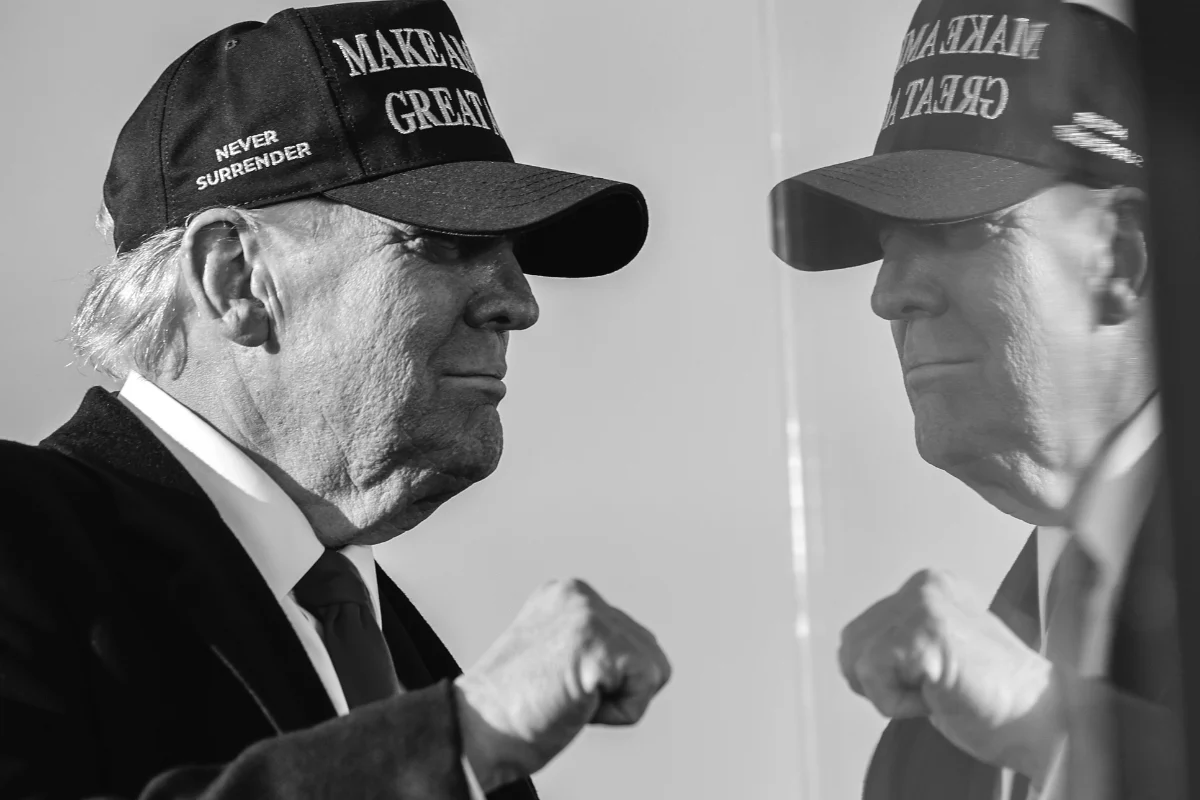
Last Wednesday, I stood in a stuffy Sydney bar in the early evening and watched as multiple screens, including the small one in my pocket, confirmed a staggering truth: Donald Trump would be the 47th President of the United States of America.
He'd won in a landslide that wasn't predicted by public opinion polls — polls that have now vastly underestimated his support for three consecutive elections. On televisions mounted on exposed brick walls, I watched him take the stage to address the American people. The sound was drowned out by the noise of lively post-work conversations; groups of inner-city professionals who saw Trump's victory as a dystopian nightmare. Or entirely understood his appeal. Or blamed the Democrats for failing to appeal to voters. Or claimed they had expected this — all of this — all along.
In my phone — that pulsating organ that is so rarely out of my hand — many of the people I follow were expressing their grief. This man, who during his last Presidency handpicked the Supreme Court justices who went on to overturn Roe v. Wade, ending the constitutional right to an abortion, would have another four years in power. This man, a convicted felon, who was last year found guilty of sexual abuse in a court of law, who faces so many other criminal charges it would be impossible to list them here, would form government. This time, he wouldn't have many of the guardrails that were in place during his first Presidential term. This time, he's better organised, he has a clearer agenda, and he has surrounded himself with more dangerous, more powerful people.


Top Comments
This comment was removed by Mamamia's moderators because it violated our community guidelines. You can read more about Mamamia's community policies here.